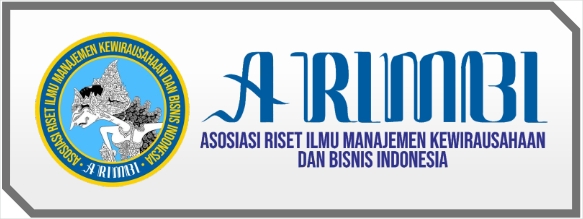Analisis Pemanfaatan Penerima Program Keluarga Harapan (PKH) di Lembang Sereale
DOI:
https://doi.org/10.37832/manivest.v1i2.53Keywords:
Utilization of recipient assistance and the Family Hope Program (PKH)Abstract
The aim of this research is to determine the analysis of the utilization of assistance for recipients of the Family Hope Program (PKH) in Lembang Sereale. This research uses qualitative methods. Qualitative methods are research procedures that produce descriptive data in the form of written or spoken words from people or actors who can be observed. Data collection procedures for observations were carried out using several methods, namely observation, interviews and documentation. The results that the researchers obtained were that some of the PKH beneficiaries were classified as economically well off, so this resulted in the assistance they received not being on target. This can be seen from the place of residence and economic conditions that can be categorized as decent. The construction of the houses used is also permanent, the lighting for PKH recipient houses uses electricity and gas is used for daily cooking. However, this inaccurate target is not entirely the fault of the community or local village officials, because at the time of the nomination of potential PKH beneficiaries they were still relatively poor, the time span for receiving aid was relatively long so the community had experienced economic development.
References
Arba’atun Nisa. Penerapan Program Keluarga Harapan (PKH) Dalam Mensejahterakan Ekonomi Keluarga Miskin di Kabupaten Barito Utara (Tahun 2014-2017)
Nurman S, Journal Of Civic Education oleh Mai Parni. Pemanfaatan Dana Program Keluarga Harapan oleh Masyarakat Kurang Mampu di Kanagarian Alahan Panjang
Mai Parni, Nurman S. 2018. Pemanfaatan Dana PKH oleh Masyarakat Kurang Mampu di Kanagarian Alahan Panjang. Journal Of Civic Education. Vol. 1 No. 4.(http://jce.ppj.unp.ac.id/index.php/jce/article/view/305. Diakses pada tanggal 22 maret 2020)
Fitri Seftia Sovie. Pemanfaatan Bantuan Program Keluarga Harapan Pada Keluarga Miskin di Desa Negara Ratu Kecamatan Sungkai Utara Kabupaten Lampung Utara Tahun 2017
Kementerian Sosial, Undang-undang Nomor 11 Tahun 2009 tentang Kesejahteraan Sosial. (https//www.kemsos.go.id/unduh/UU/-kesos-No112009.pdf. Diakses pada 30 Juni 2020)
Permensos Nomor 1 Tahun 2018 Tentang Program Keluarga Harapan (PKH)
Pratiwi, Desi. Efektivitas Program Keluarga Harapan (PKH) Dalam Pengentasan Kemiskinan Ditinjau Dari Ekonomi Islam (Studi Pada Peserta PKH Desa Kedaton I Kec. Batanghari Nuban Kab. Lampung Timur). Diss. IAIN Metro, 2020.
Virgoreta, Dyah Ayu. Implementasi Program Keluarga Harapan (PKH) Dalam Upaya Meningkatkan Kesejahteraan Masyarakat (Studi Pada Desa Beji Kecamatan Jenu, Kabupaten Tuban). Diss. Brawijaya University, 2015.
Sugiyono, (2018). Metode Penelitian Kuantitatif, Kualitatif, dan Kombinasi (Mixed Methods). Alfabeta. Bandung.
Suleman, S. A., & Resnawaty, R. (2017). Program Keluarga Harapan (PKH): Antara perlindungan sosial dan pengentasan kemiskinan. Prosiding Penelitian Dan Pengabdian Kepada Masyarakat, 4(1), 88-92.
Sari, R. P. (2020). Evaluasi Pelaksanaan Program Keluarga Harapan di Kabupaten Banyumas. Jurnal Ilmu Sosial dan Humaniora, 5(2). 123-123.
Tlonaen, Y. B., Hardiyanto, W. T., & Diahloka, C. (2015). Implementasi Program Keluarga Harapan (PKH) untuk Meningkatkan Kesejahteraan Masyarakat Miskin. JISIP: Jurnal Ilmu Sosial dan Ilmu Politik, 3(1)
Dra. Hesti Lestari,MS, Nurul Najidah. 2014 Efektivitas Program Keluarga Harapan (PKH) Di Kelurahan Rowasari Kecamatan Tembalang Kota Semarang. Jurnal Pendidikan Ekonomi: Jurnal Of Public Policy and management Riview 8 (2),69-87,2019
















